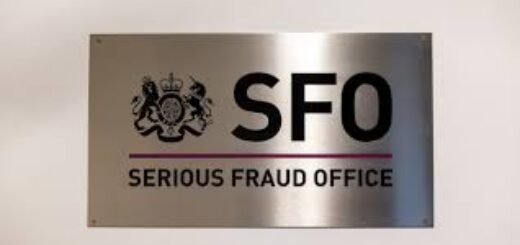US Bancorp Pays $613 Million and Joins the Ranks of AML Violators
Prosecutors and regulators are targeting global banks. The beginning of 2018 has seen dominated by enforcement actions of financial institutions – the Federal Reserve’s unprecedented enforcement action against Wells Fargo; Rabobank’s payment of $600 million for significant AML violations; and US Bancorp’s (USB’s) recent $613 million settlement AML violations. (Documents Here). In the latest enforcement action, USB entered into a two-year deferred prosecution agreement (DPA)...















